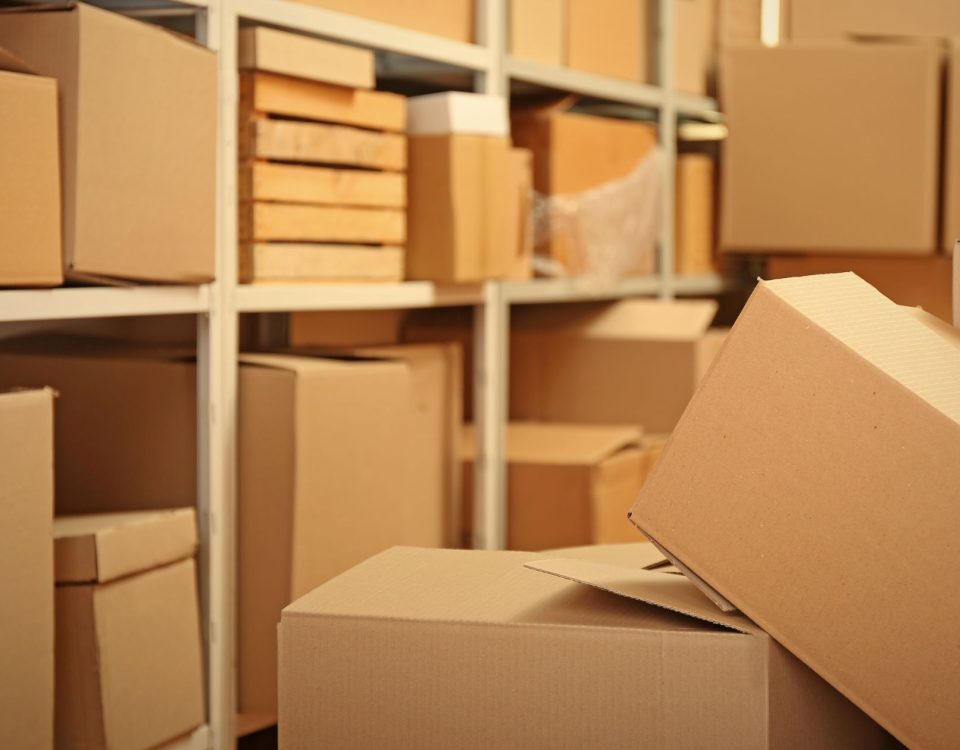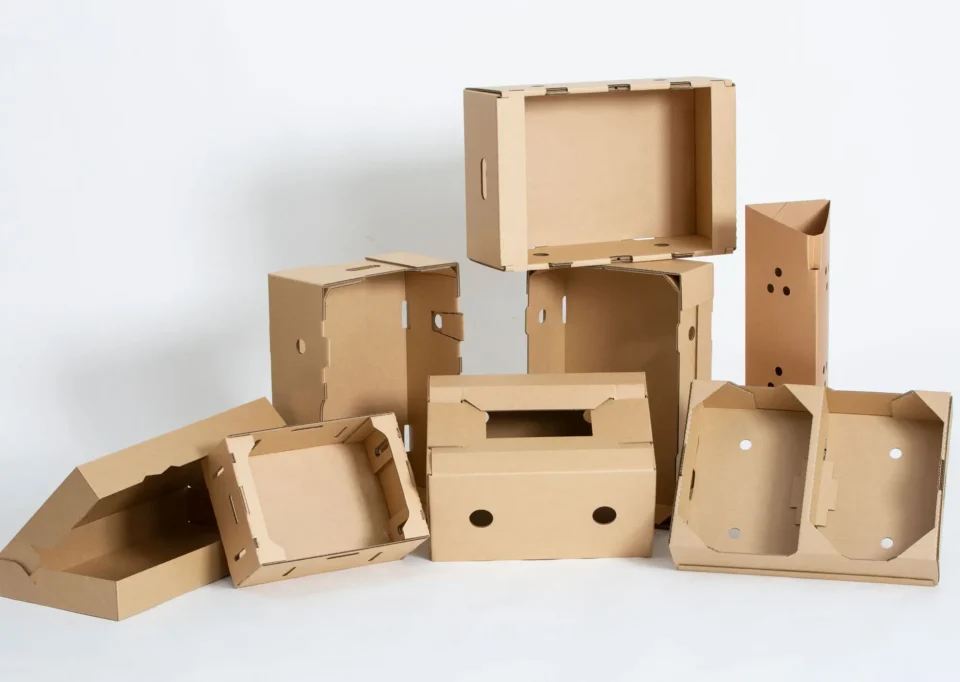
Packaging Industry Secrets: How to Make Your Products Stand Out in the Market
June 2, 2024
Gift wrapping: 8 innovative ideas, including cardboard!
June 3, 2024Shipping cartons are an essential tool in the transportation and distribution industry and an essential component of the supply chain. This provides a reliable and efficient means of transporting and storing various types of goods.
The volume of use of shipping cartons around the world depends on several factors. This includes the volume of global trade and the type of industry. We know that we widely use carton shipping in various components. This includes logistics, manufacturing, retail, agriculture, food, electronics, and more.
Available estimates of the volume of carton use in the supply chain indicate something. It indicates that this industry exceeds billions of units annually globally. There has been an increase in e-commerce and the expansion of global companies. It is component that the demand for these cartons will continue to increase.
In this article, we will explore some of the uses of shipping cartons. We will also explore the importance of component use in the world of logistics and distribution.
Transporting and storing goods: The importance of shipping cartons
Cargo protection:
We make shipping cartons of durable materials such as reinforced cardboard, which provides effective protection for products from shock, vibration and moisture during the transportation and distribution process. These cartons reduce the risk of damage or loss during supply and maintain the integrity of the goods until they reach their destination safely.
Facilitating the shipping process:
Shipping cartons are a convenient way to consolidate goods into one transportable unit. We can easily stack these cartons inside transportation means such as trucks and containers, which facilitates the process of loading and unloading goods and reduces working time and costs.
Improve inventory management:
Thanks to the standardization of the size and shape of the cartons, we can better organize inventory and space used efficiently. The use of cartons also allows information and data we record on the boxes in an organized manner, which facilitates the process of tracking and managing goods effectively.
Impressive customization:
The cartons we designate for shipping are in different sizes and shapes to suit the needs of each product, with the possibility of printing brand logos and product information in high-quality colors, which enhances the brand’s distinction and gives a professional impression to customers.
Cost saving:
Thanks to their reusability, the cartons contribute to reducing logistical costs. We can use these cartons over and over again in transportation and distribution operations, reducing the costs of ongoing purchases of new packaging and improving the efficiency of shipping operations.
Environmental sustainability:
Some shipping cartons are from recyclable materials, which reduces negative environmental impact and enhances companies’ sustainability practices. It is also important to consider ongoing sustainability efforts in this area, as companies and organizations work to develop more environmentally friendly and recyclable shipping cartons, which also impacts their usage.
Suitable cost:
Shipping cartons are economical comparing to other packaging materials, making them an ideal choice for companies seeking to balance quality and cost.
Availability:
Shipping cartons are available in a variety of sizes, shapes and materials, making them suitable for different shipping needs. The sizes of cartons designated for shipping vary based on shipping needs and the products being transported. The most common sizes of cartons are:
Standard cartons: Commonly used in general logistics and product distribution. They are common sizes for standard cartons and range from approximately 12″ x 12″ x 12″ to 24″ x 24″ x 24″.
Large Cartons: These cartons are used to ship large or bulky items such as furniture or heavy equipment. They are much larger than standard cartons, allowing larger items to be transported more efficiently.
Small cartons: These cartons are used for small or fragile items such as electronics or glassware. They are slimmer than standard cartons, which helps secure and protect delicate goods.
Custom Cartons: These cartons are specially designed to meet the needs of specific goods. They come in a variety of sizes to fit items perfectly, and may contain additional elements such as cushions or padded covers for additional protection.
In conclusion, cartons are considered an important element in the supply chain because of the many benefits they provide to products and goods, the most important of which is the great protection from damage or loss during transportation and distribution operations. This is in addition to many other benefits.




